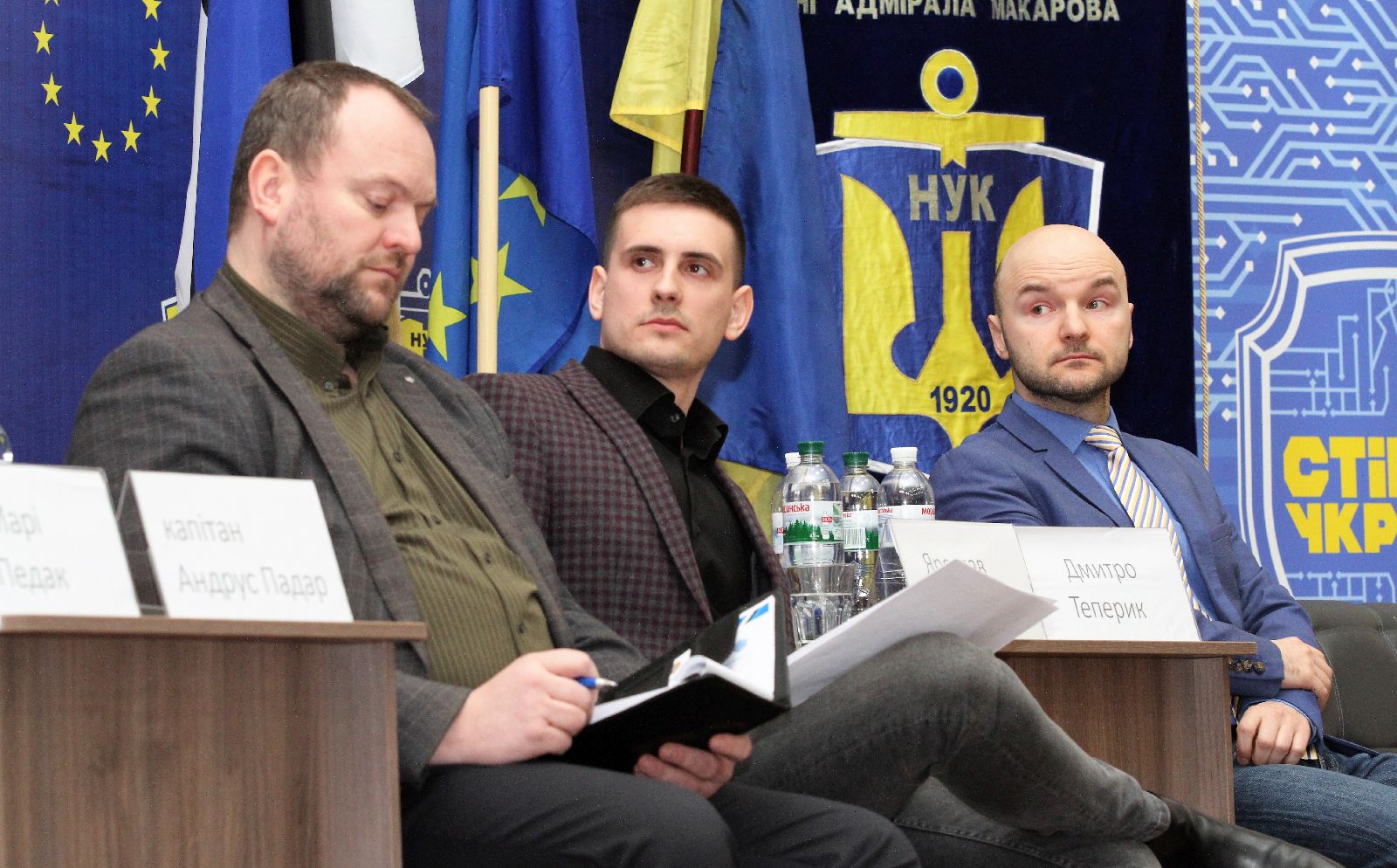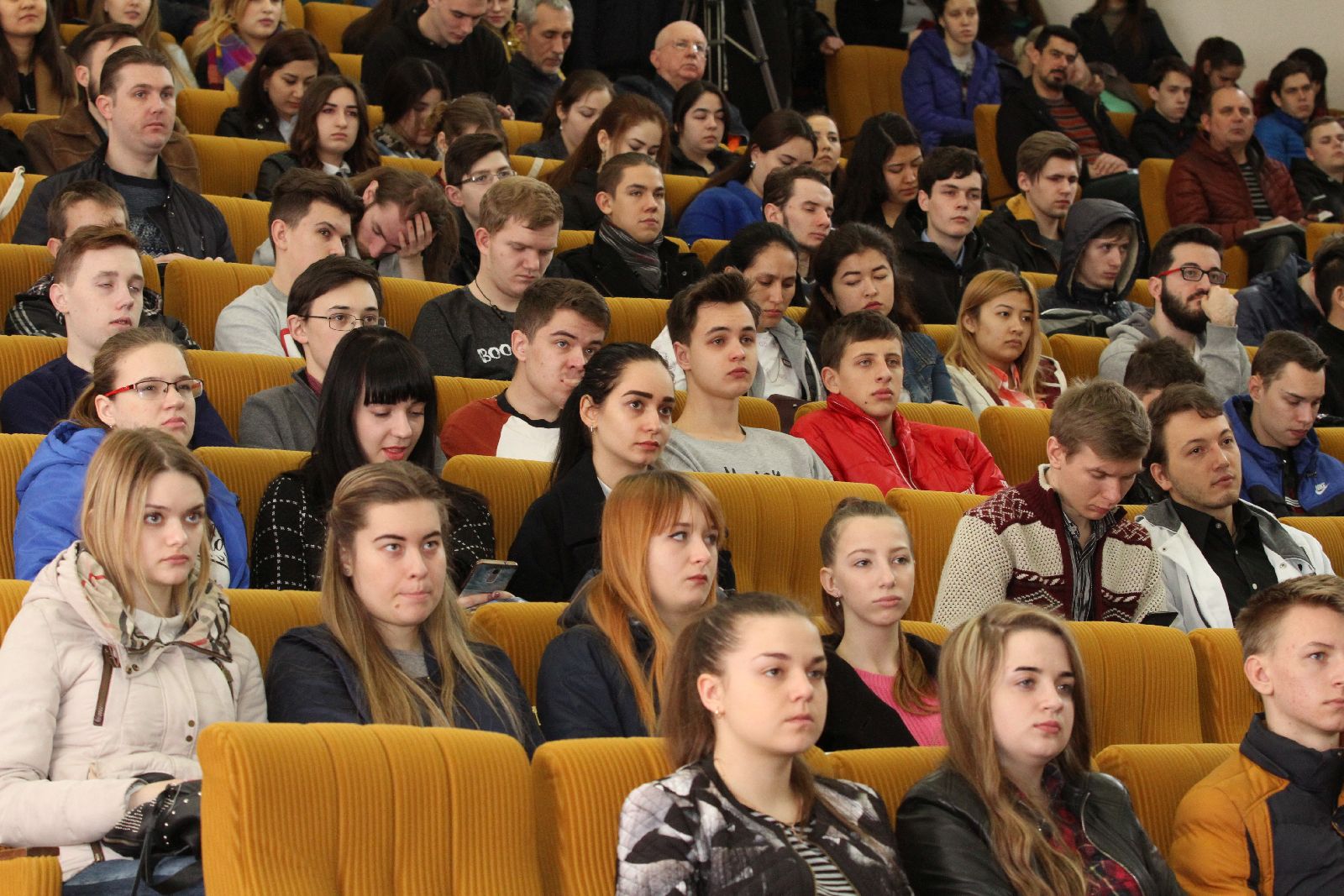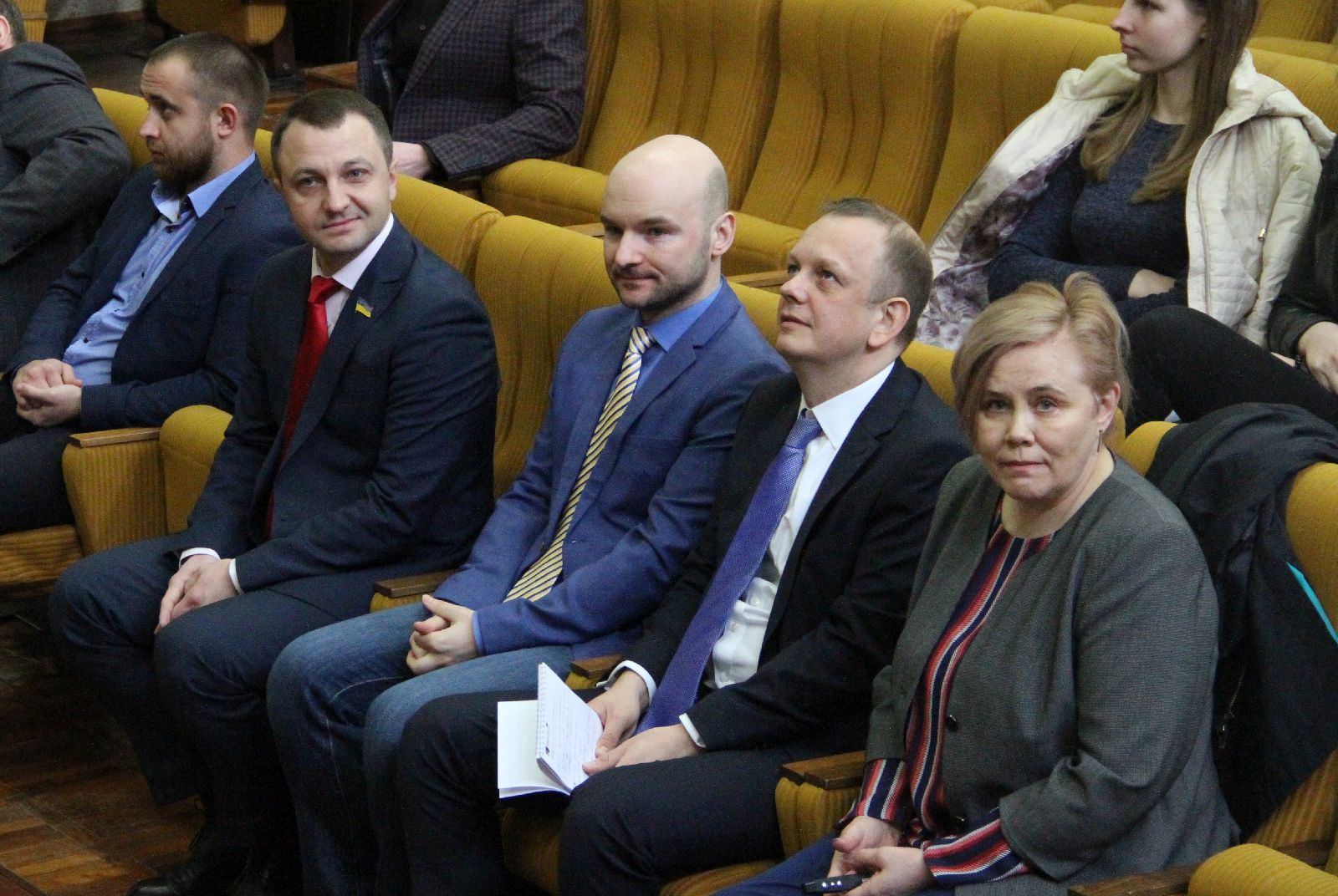ICDS in Mykolaiv: Digital Skills for Effective e-Governance, Information Security and Cyber Defence

“Strengthening national resilience and information security requires to increase competences of both experts and decision-makers. The current knowledge and skills of many professionals do not meet information challenges and cyber-attacks of tomorrow,” noted Dmitri Teperik, Chief Executive of the International Centre for Defence and Security (ICDS) and Programme Director “Resilient Ukraine” noted at an Estonian-Ukrainian expert discussion on 22 March 2019 in Mykolaiv.
The discussion focused on opportunities and risks associated with modern digital technologies, as well as the skills that future specialists need to obtain in order to ensure information security and cyber defence. In today’s world with accelerating information flows, it is important to implement e-governance solutions at national, regional and local levels.
Estonian ambassador to Ukraine, H.E. Gert Antsu opened the discussion by stating: “In order to clarify the essence of digitalization, effective horizontal communication should be established between expert community, IT businesses, government officials, independent media and civil society. Ambassador added: “It is important to transfer the Estonian experience to Ukraine and improve its national resilience to foreign threats. Ukraine got a lot of practical knowledge about it, but Estonia has also its own experience, so we need to share it and also learn from Ukraine.”
Other invited experts included Mr. Alexander Grinchak, First Deputy Head of the Ukrainian Cyber Police; Ms. Marie Pedak, Leading Expert U-LEAD | EGOV4UKRAINE, E-Government Academy (Estonia); Captain Andrus Padar, commander of the Estonian Defence League’s Cyber Unit; Mr. Yaroslav Derkachenko, a cyber-futurologist and an expert in information and cyber security management (Ukraine).
Andrus Padar, commander of the Estonian Defence League’s Cyber Unit, explained: “Usually, there are three types of work to minimize security risks from emerging threats. Working with ordinary users, working with leadership and management, because they are usually targeted during a cyber-attack or an information campaign, and also ensuring network security. This should be done comprehensively. It should be a standard procedure to ensure protection. ”
Public discussion was organized by the ICDS within the framework of the Estonian-Ukrainian development co-operation programme “Resilient Ukraine”, which is supported by the Estonian Ministry of Foreign Affairs. The event was conducted in close partnership with the Institute of Social and Economic Research (Kyiv, Ukraine) and Ukrainian IT company ID-HUB.


